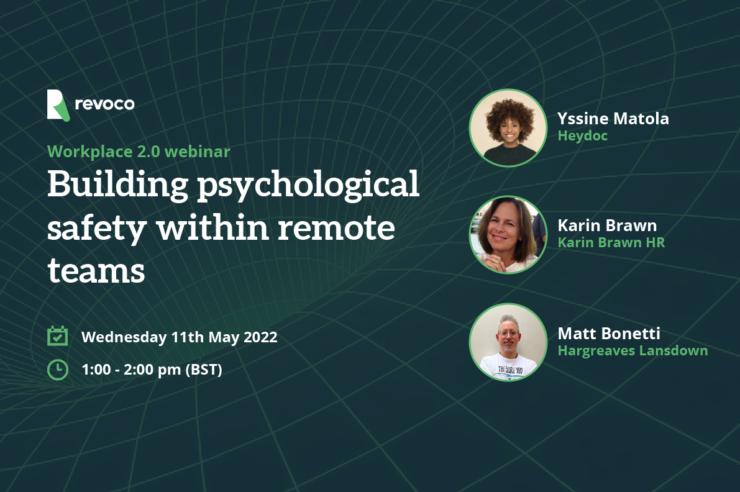Written by:
Christine Christodoulou
Loneliness in leadership
It’s lonely at the top, as they say. But does leadership really have to be lonely?
The short answer is no. But curing your loneliness as a leader often takes a bit of time – you first need to put in place the right support systems and change your habits.
I come at this topic having learned the hard way. I’ve never been great at taking the measures which benefit my mental health. I’ve never been great at asking for help. Have I buried my head in the sand? Yep. Tried to solve a problem alone when it’s best shared? Aha. But I like to think I do those things a little less frequently these days… although, my business partner would probably disagree having experienced me blow up, in what appears to him to be, out of the blue!
It’s heartening to see I’m not alone. A pre-pandemic survey from RHR International found that half of CEOs experience feelings of loneliness in their careers, and 61% believe that it hinders their performance.
Lockdown loneliness hangover
The pandemic will have only compounded the issue. Leaders were having to make some of the biggest decisions of their careers, sitting at home, on their own, in their pants, without a scooby of how things were going to play out.
It was fascinating to see London Mayor Sadiq Khan talk about his lockdown loneliness. In an interview with The Telegraph, he said that the isolation and the negative thoughts it provoked meant that he often felt he was “not providing proper leadership”. I know the feeling too well.
But there were some positives he took from the experience. He said it made him realise that he should feel more confident talking about it.
Let’s follow his lead. In what is Mental Health Awareness Week (9th to 15th May 2022) – which this year has the official theme of ‘loneliness’ – none of us should be shy about opening up about the isolating impact of leading a team or a business.
A word for my business partner
I’ll kick things off by mentioning some of the things that have helped me over the years.
Firstly, I need to doff my cap to my business partner Iain Blair, who is just bloody brilliant at what he does – and that includes letting me offload from time to time (in a very dramatic, tear-filled, arms flailing, over-emotional kind of way!)
As far as I’m concerned, everyone needs an Iain in their corner – a level head who thoroughly listens and takes some time to think about the problem, before returning with a solution.
He doesn’t just provide lip service. If I need his help with something, he’ll take action, rather than just offer vocal support.
One of the biggest things as a leader is the feeling that the people you’re sharing your challenges with just don’t get it, or are unprepared to actively help solve them. Thankfully, that isn’t the case with Iain.
Hopefully, he feels the same way about me… Iain? Iain?!
Hire a business coach
However, not every leader is lucky to have an Iain alongside them. What then? Who will be your accountability partner?
Personally, I don’t like putting everything on friends and family. They have their own sh*t going on.
As much as they might care and want to help, they can’t always provide the answers.
A business coach or mentor is more removed from the situation and will have some expertise or experience in running a business to be able to dish out some practical, been-there-got-the-T-shirt advice.
I know what you’re thinking:
“They don’t come cheap!”
“How do I know they’re going to be a good fit?”
“Will I look like a weak leader if I ask for external help?”
But a business coach can be key in helping you see the wood for the trees, finding a way of working that works for you, and taking back a bit of your personal life at the same time.
In fact, everybody seeks to gain from you hiring a business coach. You’ll become a better leader, a more welcoming listener and less stressed.
Stay in touch with your team
Even as a leader, you can connect with your team members in ways that let them see you as more than just a ‘boss’.
All leaders are different in this respect, but I don’t believe that just because you’re in a position of power, you have to stay tight-lipped on everything that isn’t work related.
We all act differently at home than we do at work. But there shouldn’t be such a huge difference in those personas.
By bringing more of your authentic, natural home persona into the office, you might just feel better for it.
I personally find it helps build a more genuine connection and trust with my team. Plus, it just fits with my heart-on-the-sleeve personality and helps keep the isolation at bay.
If you’re looking for some advice or support with mental health & loneliness, here are some great resources:


